By: Colette Lippman ’17 & Sebastian Shuken ’18
The first round of the French election occurred on April 23, with Marine Le Pen from the National Front party and Emmanuel Macron from his self-created “En Marche!” party securing a majority of the votes.
This election qualifies as one of the most controversial in France’s history, shattering the normality of the Socialist party that ran the French government since the 1950s. According to the BBC, France is in store for “an unpopular and divided ruling Socialist party and a Republican candidate in the crosshairs of judicial inquiry,” who have “cleared the way for a president who has never been elected to the French National Assembly.”
The round set the foundation for a closely fought race, and determined the two candidates who will compete in a final election on May 7. Each candidate holds starkly different political views, with Le Pen being a member of the conservative National Front party and Macron holding far left liberal beliefs.
Le Pen has been compared to President Trump with her nationalistic views and anti-Muslim sentiments, The Telegraph wrote. She believes in the halt of immigration from Middle Eastern countries, and plans on having France dissolve from the European Union, a controversial issue both domestically and internationally.
Some students reacted to Le Pen’s rise to power with shock and fear.
“Her party threatens progression in the developed world,” Peri Kessler ’18 said. “I am most concerned about the implications her presidency would have on the European Union and the Jewish and Muslim communities.”
Many Jewish people both in France and around the world have also expressed fear over Le Pen’s platform due to her anti-semitic views. During an interview with the Israeli channel Arutz Two, Le Pen said Jews should not be allowed to wear yarmulkes on the streets. She also rejected the fact that France had any connection to the roundup of Jewish people that were sent to Auschwitz during the holocaust.
“Especially for Jewish people, it’s scary to see a leader rise who resembles Hitler. The idea of another holocaust or anything close to it scares me,” Alyssa Hyman ’18 said.
As for Macron, he “seemed to be doomed for failure,” The Independent wrote after Macron resigned from the government of Socialist President Francois Hollande in 2016. However, “in just 18 months the movement now has more than 200,000 signed-up members.”
But the election remains close. According to estimates from CNN, “newcomer Macron secured 24 percent of the vote, with National Front leader Le Pen close behind on 21.8 percent,” and the final estimates predict 23.9 percent for Macron and 21.4 percent for Le Pen.
“This election has a similar political polarization that the American election had with many people being either strongly opposed to one candidate or another,” Isaaya Ta ’17, a former Staples student who now lives in Paris, France said.


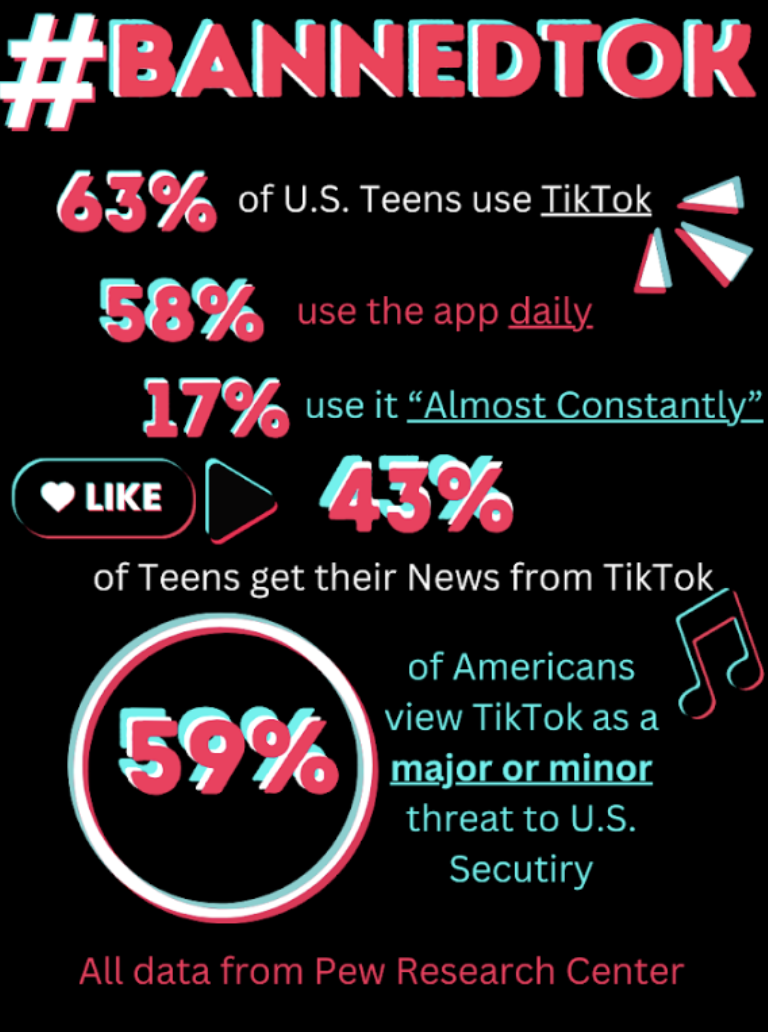








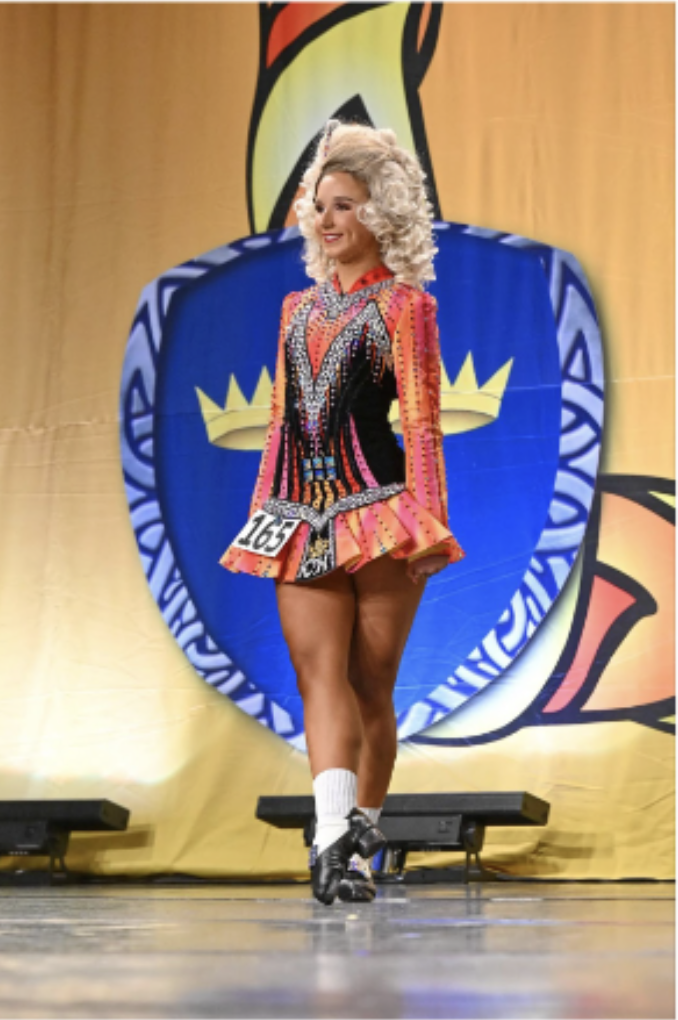










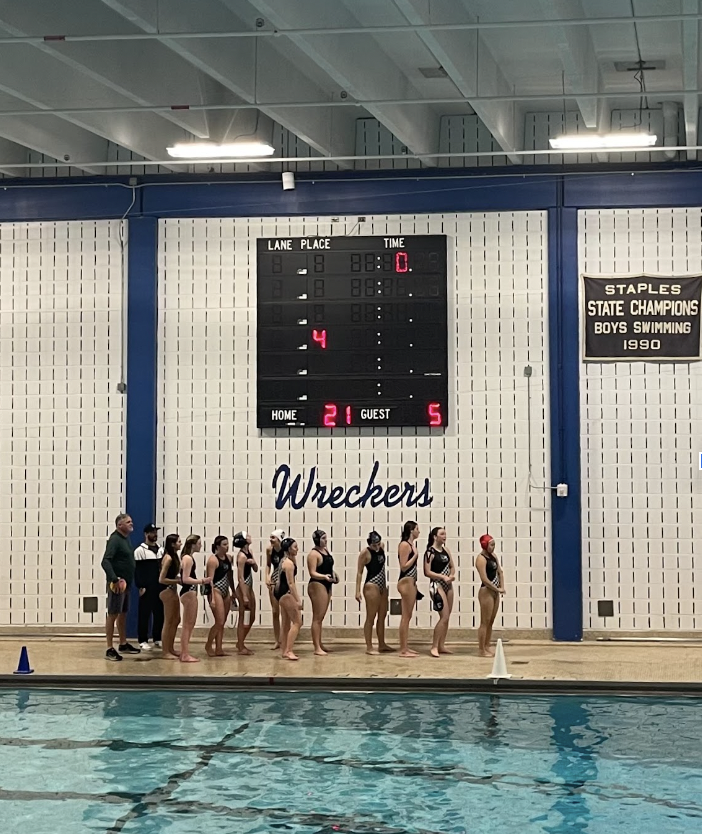



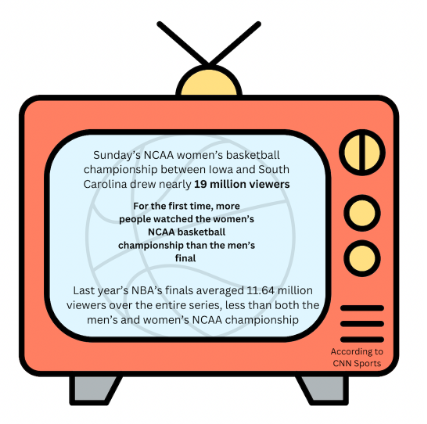

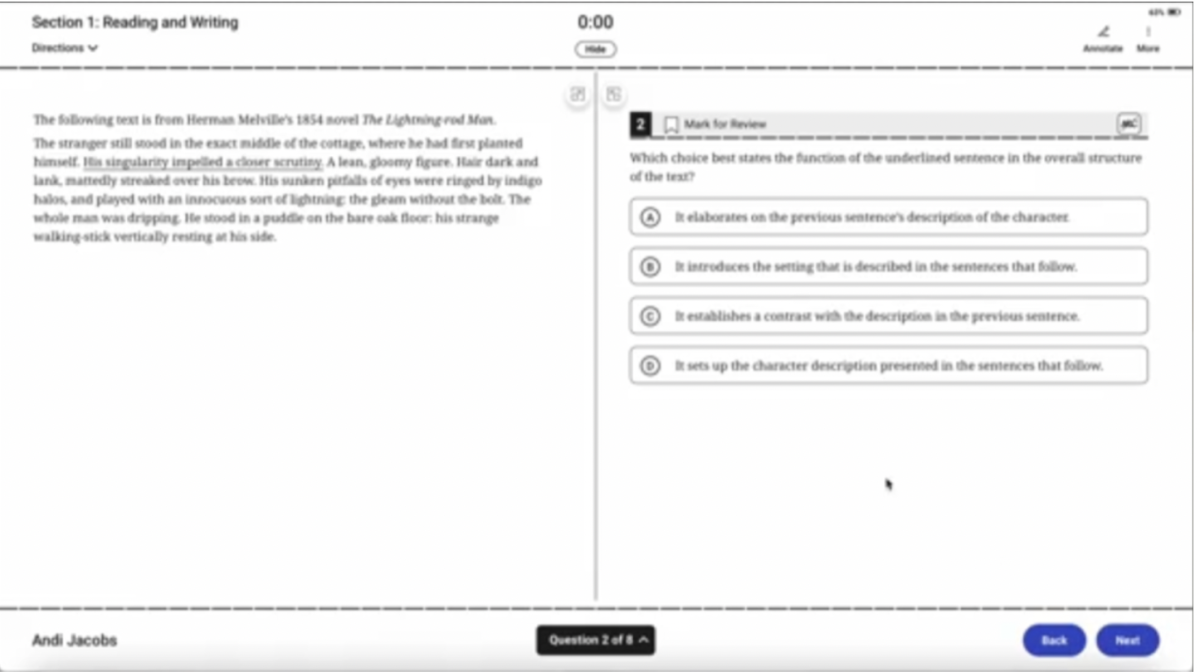

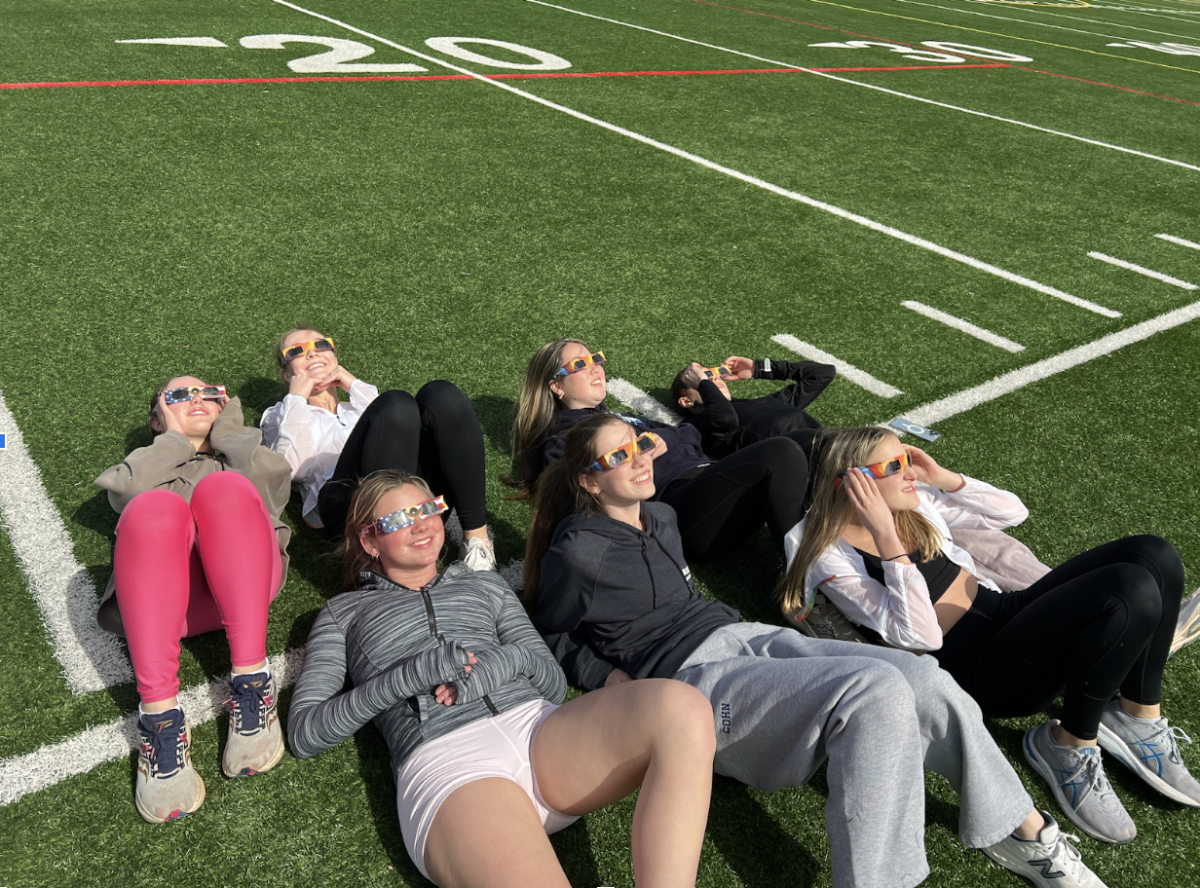












![[May 2017] France’s elections approach controversial close](https://www.inklingsnews.com/wp-content/uploads/2017/06/may-france.png)
